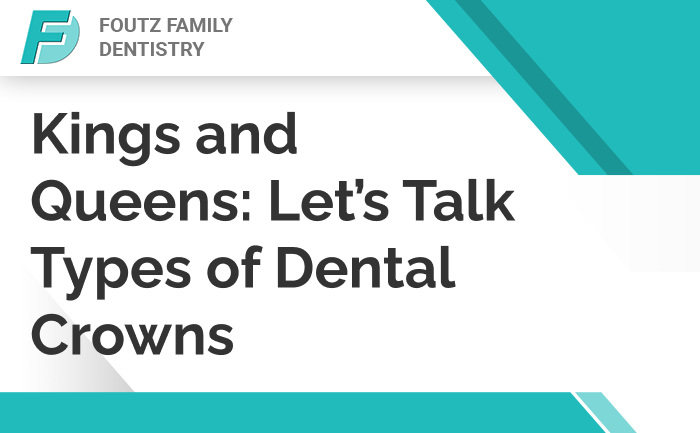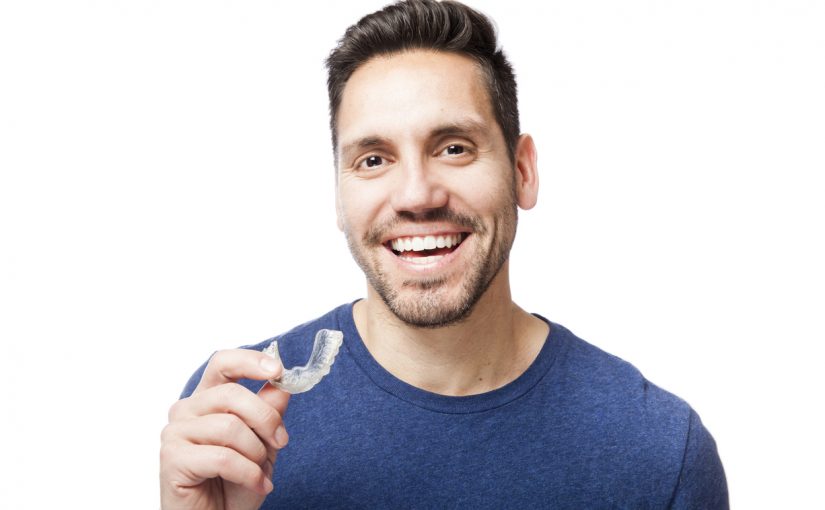Crowns are typically associated with royalty, but those crowns go on your head, not your teeth. Dental crowns are slightly different, fitting over decayed or broken teeth to restore bright, beautiful smiles. Commonly custom-made, dental crowns act as caps, protecting remaining teeth and gums from periodontal disease, dental illnesses, and inflammation that could erode or deteriorate enamel. Crowns are restorative and transformative, bringing strength back to your teeth alongside a brilliant reason to grin.
There are various kinds of dental crowns, each with its benefits, so choosing is based on personal preference and the advice of a dental professional. Think of this blog as a brief guide into dental crowns, showcase types, procedures, and aftercare.
The Royal Treatment for Your Teeth: What Are Crowns?
Decayed or damaged teeth can hinder everyday functions, like eating and talking. In some cases, teeth are left sensitive, and the pain makes it even harder for someone to do daily activities. However, dental crowns are versatile and effective restoration methods, covering a tooth’s wear and tear to prevent further damage. The bonus? Crowns give you back a gorgeous, natural-looking smile.
Why You Might Need a Dental Crown
Teeth decay and deteriorate for various reasons; not every reason is within your control. Fortunately, the choice to get them fixed is within your power, and crowns are a restorative method to enhance enamel strength and protect remaining teeth from further damage. As you age, teeth become more fragile, becoming susceptible to chips, cracks, and breaks. With dental crowns, you have additional support and strength surrounding your teeth, making it easier to do everyday things, like enjoying your favorite meal.
Types of Dental Crowns: An Overview
- Porcelain Crowns
Popular for their natural appearance, porcelain crowns are slightly more expensive than other material types, but their construction is seamless, allowing them to blend with other teeth naturally. They are ideal for front teeth.
- Ceramic Crowns
Strong, metal-free ceramic crowns match the strength and color of natural teeth. They are best for people with metal allergies, especially on the back molars.
- Metal Crowns
Durable and strong metal crowns withstand wear and tear that might otherwise damage natural teeth. However, their metallic color makes them less aesthetic.
- Porcelain-Fused-to-Metal Crowns
These dental crowns combine metal strength with porcelain aesthetics, lending teeth a natural look. However, metal may show near the gums, creating a visible dark line.
- Resin Crowns
Resin is the most affordable dental crown option. It matches teeth’s natural color and strength, making them as durable as natural teeth. However, if bite pressure is too hard, occasional fractures could occur.
- Zirconia Crowns
Zirconia crowns are the strongest crown material on the market and are biocompatible, making them ideal for people with sensitivities. They look natural and can be customized to match the color of a patient’s teeth.
- Temporary Crowns
Temporary dental crowns protect teeth temporarily to maintain structure and prevent damage. However, they are not as durable as long-term crowns and must be replaced to retain the integrity of the teeth underneath.
The Procedure: What to Expect
Dental crown procedures begin with a consultation to determine oral health without crowns. Affected teeth are prepared by removing decay and reshaping the tooth for a cap. Impressions or digital scans are taken of the reshaped and prepared teeth, and temporary crowns are fitted until permanent crowns are completed or alternatively the permanent crowns are made in office while the patient waits. Foutz Family Dental has this capability. The permanent dental crowns are fitted for comfort and cemented or bonded to prevent the crown from moving or falling out.
Aftercare for a dental crown is simple. Good oral hygiene is essential, such as brushing, flossing, and rinsing with mouthwash. Routine dental checkups will ensure longevity and good oral health, so contact Foutz Family Dentistry for a consultation!











